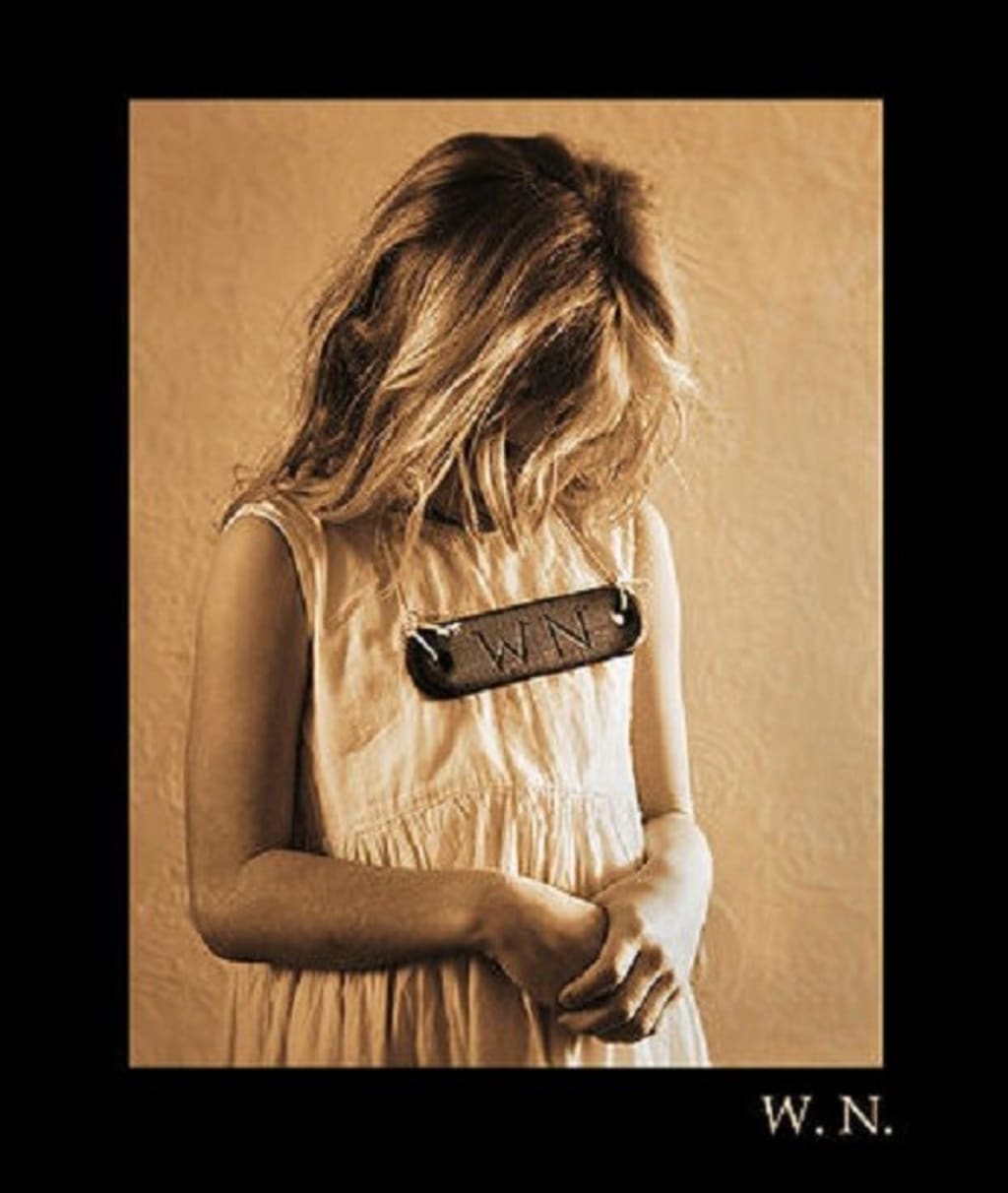The Welsh Not- An Attack On Wales’ Language
And the far reaching consequences…

Most people that read this blog know that I’m from the UK. They consider me British. And I guess, technically speaking, I am. That isn’t how I think of myself, though… not really. I am British, but I’m more than that. I am Welsh. This is something altogether different.
Being Welsh isn’t just a word. It isn’t about wearing daffodils on the first of March. It is a culture; a history. There are things that generations of people, growing up in Wales, know about, that others would think are crazy…
* Like spending the day at an Eisteddfod.
* Learning dawnsio gwerin.
* Being given a Geiriadur Mawr when you start comp.
* Singing from Cenwch I’r Arglwydd.
* Going away to Llangranog for a full week.
If you know what I’m talking about, you’re Welsh..
But if you don’t, please scroll down. you’ll find a translation/explanation at the bottom of the post.
OUR LIFEBLOOD
Seriously, though… being Welsh is more than a word, or a feeling, and the main thing that runs through all of this, is our Iaith (our language). It runs in the blood of every Welsh person, and anyone that tells you any different, is lying.
The thing that I find so horrifying, is that for several centuries, the powers that be, were so threatened by the Welsh language, that they literally tried to beat it out of us.
In the Education Act of 1870, it was decided that English was the language to be used in schools. They literally banned the speaking of Welsh.
ENTER THE WELSH NOT
The Welsh Not, was traditionally a piece of wood, with the initials W.N carved into it. It was attached to a piece of string.
If a child in school was caught speaking Welsh (usually their first language) they had to wear the Welsh Not around their neck.
They could get rid of the Not, but only if they were to overhear another child speaking Welsh, and were encouraged to tell tales on them. Thus, the Not was transferred.
At the end of the day, the child left wearing the Not, would get caned. This was also the case for the child left wearing it at the end of the week.
Imagine that… being literally beaten for speaking the language you had grown up using.
Yep. In the nineteenth century, the Welsh language was literally thrashed out of the Welsh.
This is why some older Welsh people cannot speak the language. Imagine the trauma of that.
I find it horrific to think about.
STATISTICS
Nowadays, only 29.1% of the population of Wales can speak Welsh. That’s such a small figure, and it would be so easy for the language to die out entirely.
This is something that we cannot allow to happen.
TO BE WELSH IS TO HAVE A IAITH
There is a well known Welsh saying,
“Cenedl heb iaith, cenedl heb galon.”
It translates to: “A nation without a language, a nation without a heart.”
LIVING WELSH
I am a fluent Welsh speaker. I was lucky to have the benefit of an education through the medium of Welsh, and I will be forever thankful for the support my parents, who moved here from England before I was born, have always had for the language.
That’s the thing… although some attitudes have changed, the stigma and the scars of history remain embedded in a nation of people who fight to save such a huge part of their heritage.
So now, what we try to do, is encourage people to speak Welsh, in any way or form… be it Wenglish or even just using the odd word, even if they aren’t fluent. Because, all the while there are people out there, speaking the words, then the language can’t die.
TRANSLATION
* Like spending the day at an Eisteddfod — a huge gala and competition of all different events from dance, to singing, to recitations.
* Learning dawnsio gwerin — traditional Welsh folk dancing.
* Being given a Geiriadur Mawr when you start comp — a big Welsh dictionary when you start secondary school.
* Singing from Cenwch I’r Arglwydd — a song book of old Welsh songs that wouldn’t even translate properly into English.
* Going away to Llangranog for a full week — A leisure campus in mid Wales.
About the Creator
Li
I write YA fiction. I also blog about events in my life. I live in Wales with my rescue dogs and parents. I also love creating art and reading.
Enjoyed the story? Support the Creator.
Subscribe for free to receive all their stories in your feed. You could also pledge your support or give them a one-off tip, letting them know you appreciate their work.






Comments
There are no comments for this story
Be the first to respond and start the conversation.